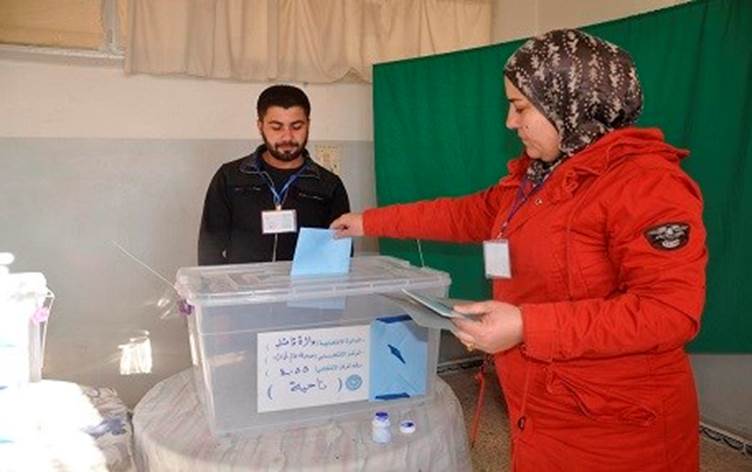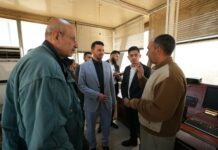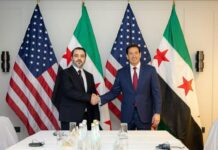
The Autonomous Administration of North and East Syria (AANES) announced the postponement of municipal elections originally scheduled for June 11 to August due to requests from participating political parties and the need for a more extended campaign period. However, Turkey’s objections are rooted in deeper geopolitical and security concerns.
Turkey has opposed the AANES’ elections, viewing them as a threat to its national security. President Erdogan accused the AANES of attempting to establish a separatist state near Turkey’s southern borders, a claim he reiterated on May 30. Erdogan’s stance is supported by Turkish Defense Minister Yasar Guler, who asserted that these elections threaten the territorial integrity of Syria and could destabilize the region.
The Turkish government associates the AANES and its military wing, the Syrian Democratic Forces (SDF), with the Kurdistan Workers’ Party (PKK), an internationally designated terrorist organization with seeming unrestricted autonomy in Syria. The PKK affiliate, the Democratic Union Party (PYD), and its armed faction, the People’s Protection Units (YPG), form the core of the SDF. For decades, the PKK has been involved in an armed conflict with the Turkish state, and Ankara fears that the AANES elections could strengthen PKK’s influence in the region.
The US, an ostensible supporter of the SDF, has also weighed in on the controversy. Vedant Patel, the Principal Deputy Spokesperson for the US Department of State, emphasized that any elections in Syria should be “free, fair, transparent, and inclusive, as stipulated by United Nations Security Council Resolution 2254.” The US does not believe that the current conditions in northeast Syria meet these criteria, reflecting broader international skepticism about the viability and legitimacy of the AANES elections. The US has previously expressed concerns about growing PKK influence in the region.
Experts like Nicholas Heras from the New Lines Institute and Aron Lund from Century International have provided insights into the complex dynamics at play. Heras notes that the PYD, through the AANES, is consolidating power, which complicates US-Turkish relations. Lund points out that while Turkey views the elections as an entrenchment of PKK power, the actual electoral process may have a limited direct impact on Turkey’s security but serves as a symbolic assertion of “Kurdish autonomy.”
Turkey’s objections to the AANES elections are not limited to political rhetoric. Since October, Turkey has intensified its campaign of drone strikes in AANES-administered areas, targeting SDF fighters and critical infrastructure.
Despite Erdogan’s aggressive stance, some analysts, including Lund, believe that a large-scale Turkish ground operation is unlikely in the near term. Previous threats of invasion have not materialized, and Turkey may continue to rely on drone strikes as a low-risk method to exert pressure.
The controversy surrounding the AANES’ municipal elections underscores the complex interplay of local governance, international diplomacy, and regional security. While the AANES seeks to legitimize its authority through elections, Turkey views this as a direct threat linked to the PKK. The situation remains fluid, with even many Kurdish movements feeling betrayed and the Syrian Democratic Council admitting PKK ties within the AANES administration, with potential for further diplomatic and military developments as the new election date approaches. The international community, particularly the US, continues to monitor the situation, advocating for conditions that ensure genuinely free and fair elections in Syria.








